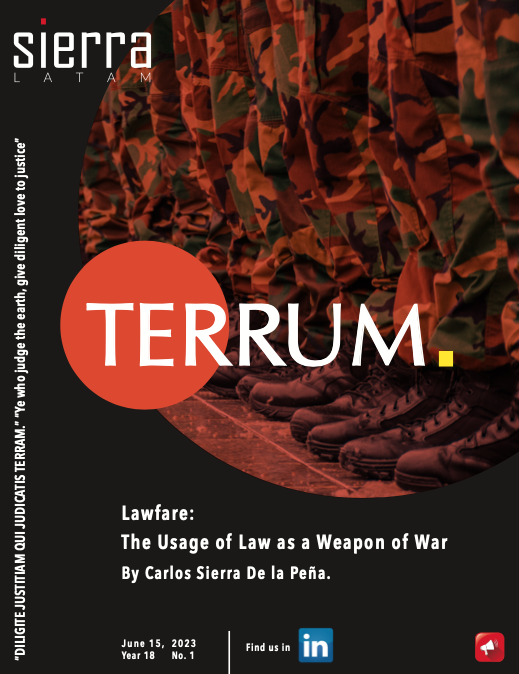SIERRA LATAM
We believe in high quality legal advice
High quality legal advice, equivalent to such in the most sophisticated legal services markets. We want you to realize that Mexico is equipped with world-class legal advisors who are willing and able to represent your business carefully, professionally, quickly, and with an in-depth and insightful knowledge of the law.
The ability and training of our lawyers and staff is paramount. We are deeply proud to be the standard bearer of aeronautical law in Mexico.








